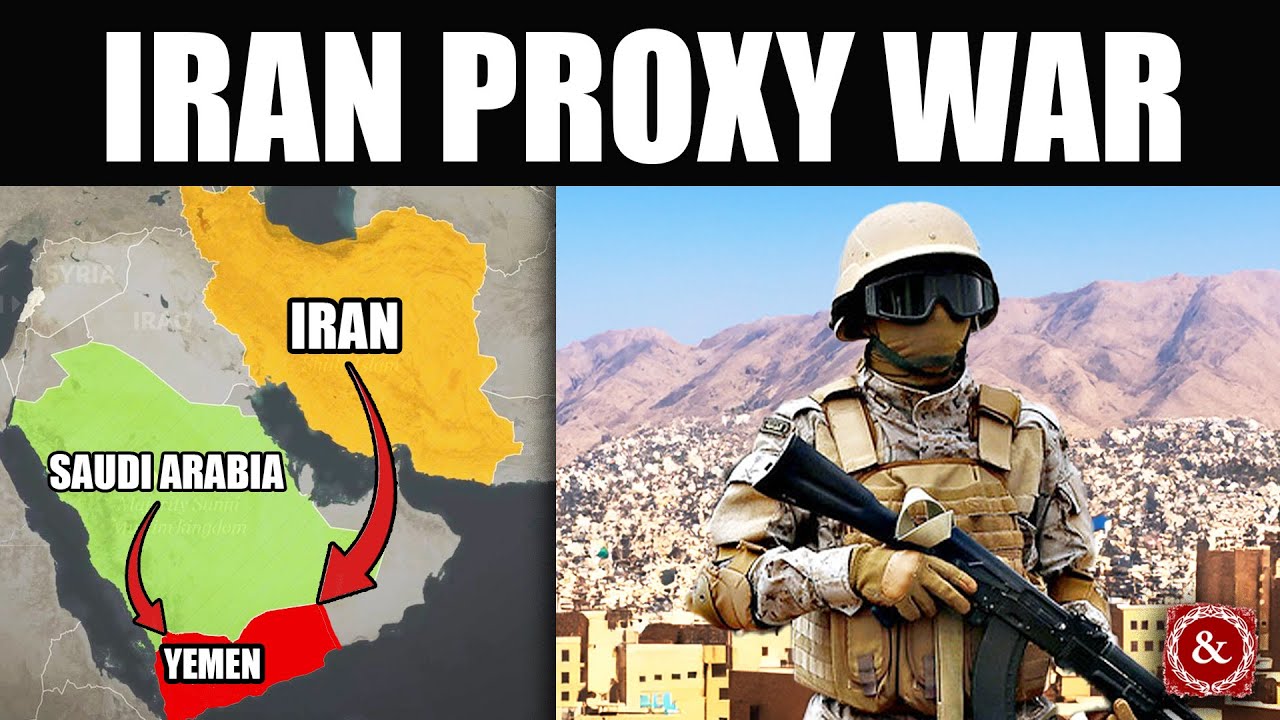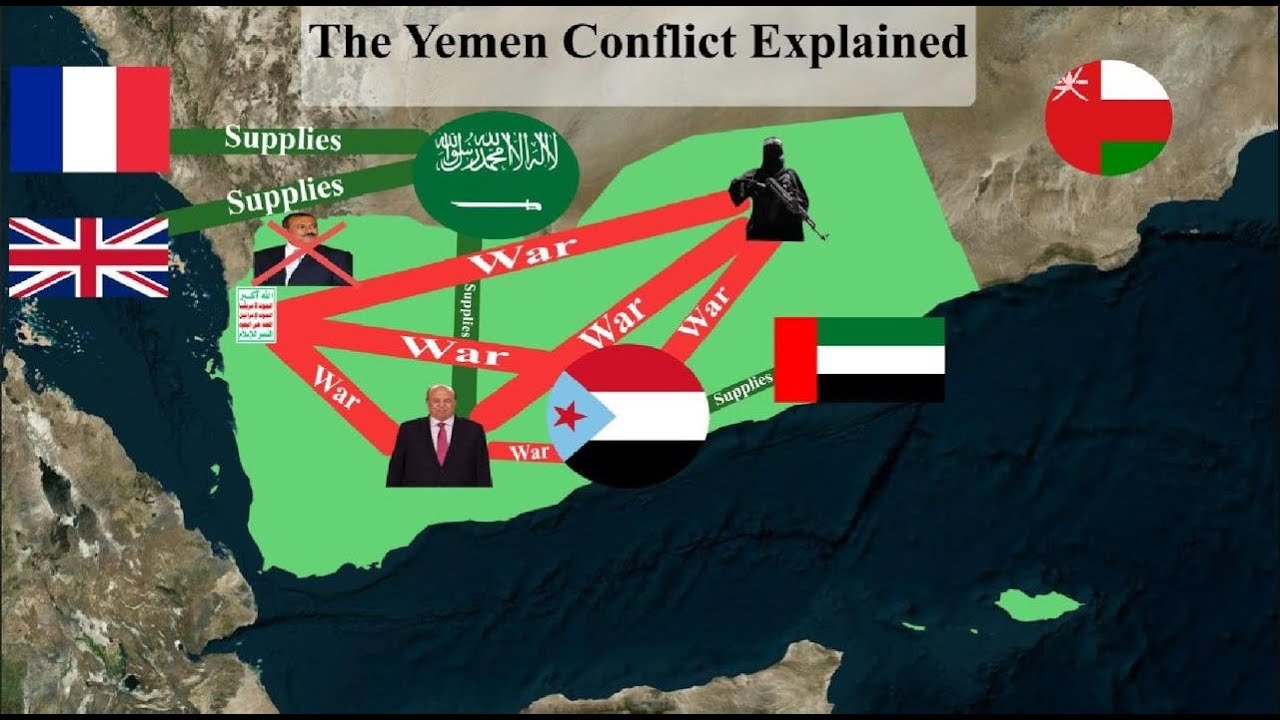The Yemen Civil War, which kicked off in 2014, has gone beyond a mere local squabble; it has spiraled into a humanitarian nightmare with far-reaching consequences. As we highlight the chaos and devastation it has inflicted on lives and cities, the unfolding drama bears unsettling similarities to other global conflicts, particularly the Myanmar Civil War. This article takes a closer look at the multifaceted impacts of the Yemen Civil War, shedding light on a crisis that deserves more than just fleeting headlines.
5 Key Impacts of the Yemen Civil War on Lives and Urban Landscapes
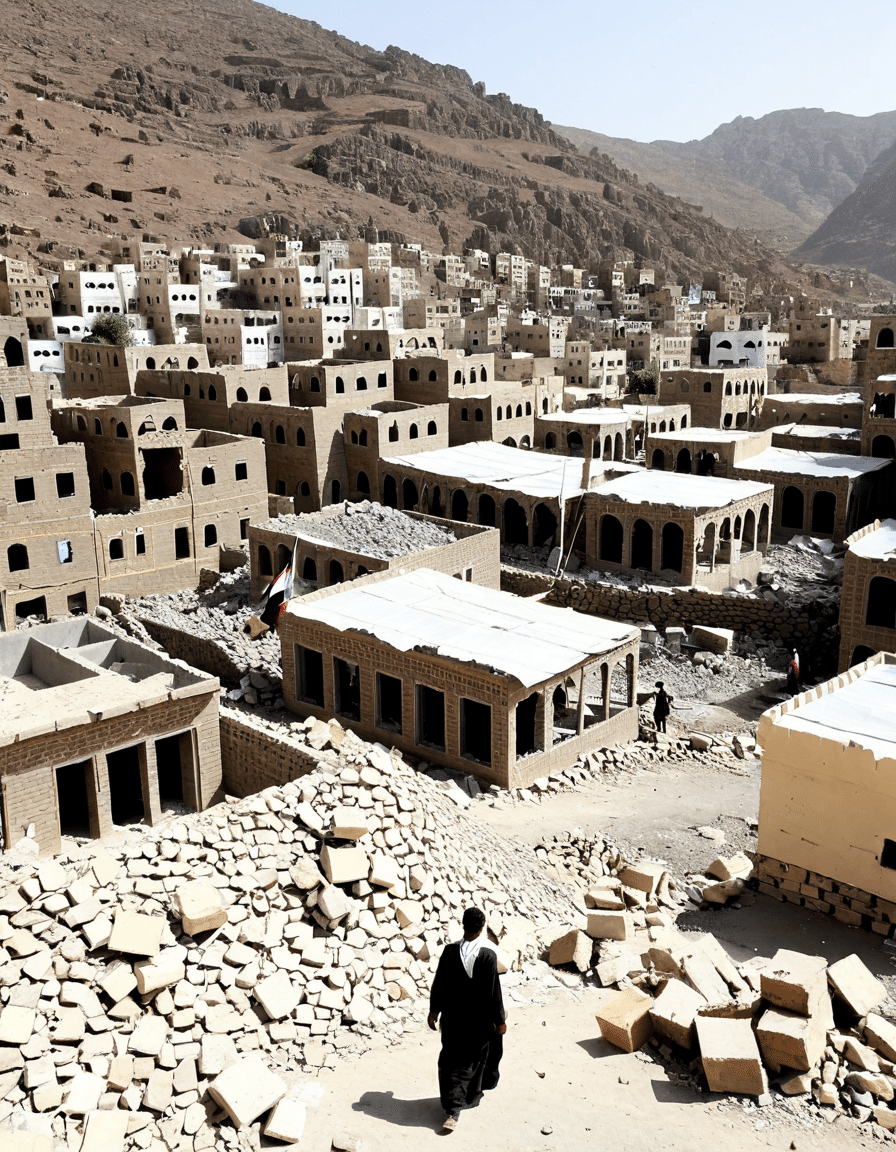
The Children of War: A Generation Lost
The future looks particularly bleak for Yemen’s children. With so many schools and educational facilities reduced to rubble, the prospects for young Yemenis are dire. This generates a worrying similarity to the impact of the Myanmar Civil War on its youth. Reports by UNICEF indicate rising child mortality rates, making it clear that this generation faces a dual threat—loss of education and life. Immediate international intervention is critical to secure a safer future for Yemen’s children.
International Aid Efforts in Yemen: Successes and Challenges
Despite ongoing international efforts to provide relief, obstacles remain persistent. Organizations like the World Food Programme (WFP) strive to deliver vital supplies. Yet, security threats and logistical concerns often hinder these operations, as seen in other disaster-hit regions. A notorious example involves the Coalition’s blockade, which significantly restricts the flow of aid to those who need it most. In this respect, the situation in Yemen starkly contrasts with Myanmar, where localized efforts have often managed to deliver aid despite some political hurdles.
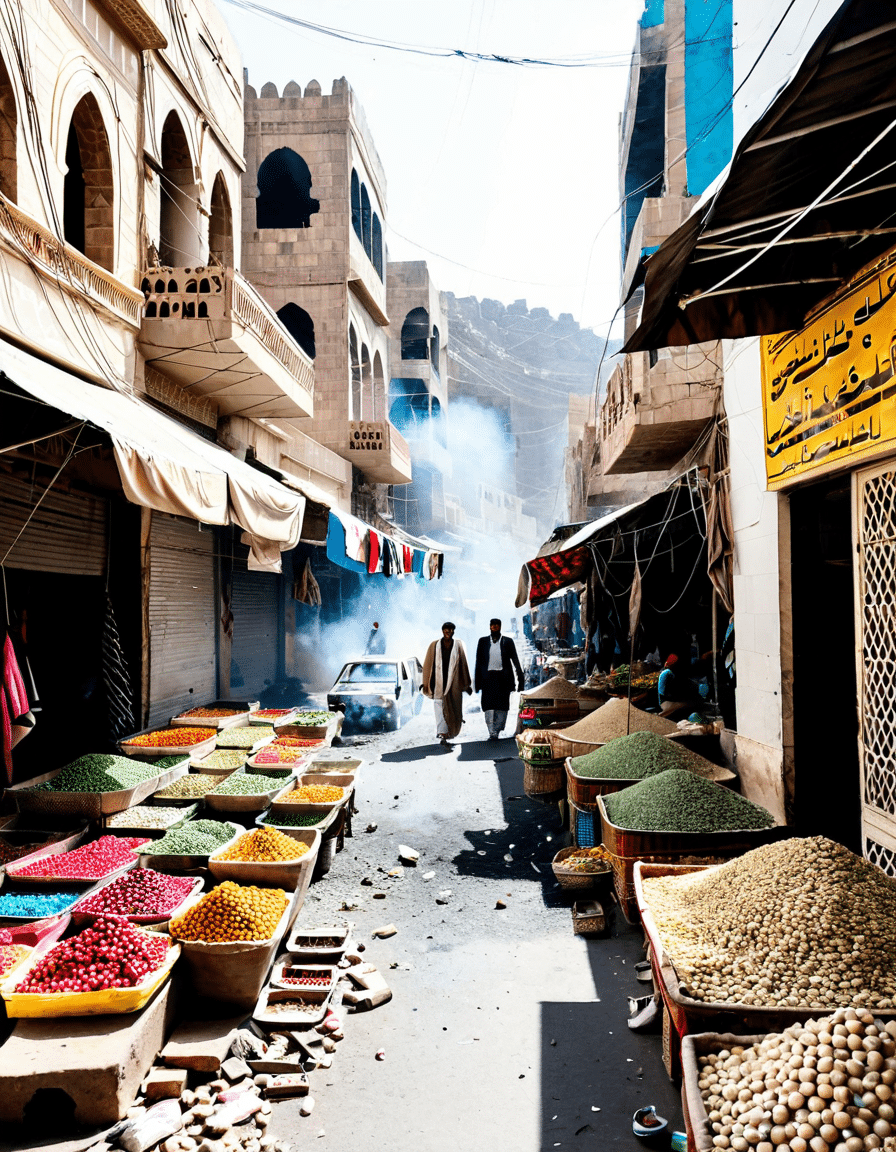
Bridging the Gap: Lessons from Myanmar and Yemen
The experiences of Yemen and Myanmar impart valuable lessons in dealing with the aftermath of civil wars. Both conflicts underscore the necessity of community resilience, collaborative international response, and an unwavering commitment to human rights. They illustrate that effective solutions must tackle the underlying causes of strife, rather than simply providing temporary relief to symptoms.
The Path Forward: Building Peace in Yemen
Looking ahead, the future of Yemen relies on concerted efforts from regional and international communities. Genuine peace will require inclusive dialogue among conflicting factions, substantial support for reconstruction, and a steadfast commitment to human rights. Just as with Myanmar, fostering reconciliation and rebuilding trust within communities will be crucial for restoring stability.
As the Yemen Civil War drags into yet another year, the international community watches, caught between the tragedy of a humanitarian crisis and the glimmer of hope for change. Raising collective awareness and mobilizing action could illuminate paths toward healing, helping lift the shadows that the Yemen Civil War has cast over an entire generation.
In the fight for survival, compassion and action could reshape the narrative of Yemen’s future, steering it from chaos toward rejuvenation. With persistent focus and outreach, perhaps we can help secure a brighter tomorrow for the millions affected by this devastating conflict.
Yemen Civil War: Trivia and Interesting Facts
A Snapshot of Yemen’s Rich History
Yemen is a country with a colorful tapestry of history, known for its ancient trade routes and diverse cultures. It’s fascinating to note that the land once played a crucial role in the incense trade, making it a hotspot for merchants long before the Yemen civil war erupted. Speaking of history, did you know that some people spend hours figuring out What Is My chinese zodiac sign? Peculiarly, many believe that the traits of their zodiac can influence decisions, much like how the ancient Yemenites navigated the complex dynamics of trade and alliances.
Modern Conflicts and Cultural Echoes
The ongoing Yemen civil war has led to significant humanitarian crises, but it also highlights the resilience of its people. Despite the hardships, Yemenis hold on to their traditions and community spirit. For example, many gather to watch local sports, reminiscent of events like Lakers Vs Denver nuggets Stats, which capture the same competitive spirit but on a different stage. Amidst this chaos, there’s always a curiosity for fun events—much like how fans eagerly anticipate Argylle Showtimes, hoping for a diversion from everyday struggles.
Yemen’s Global Connections
The effects of the Yemen civil war reach far beyond its borders, stirring international relations and global discussions. In fact, it’s not uncommon to find yourself drawn into current events, much like those who stay tuned to news on significant occurrences such as the 2025 Texas republican Presidential Primary. The world’s reaction to Yemen’s plight can be seen as a barometer for understanding international diplomacy. Who’d have thought that a conversation could pivot from the complexities of a civil war to something as unexpected as planning an exciting trip to Monterrey Inter Miami or checking out the historic vibes of Normandy Beach?
In this sea of turmoil, Yemen remains a crucial focal point, illustrating that even in dark times, there are avenues to engage, learn, and remember the stories that intertwine us all. Amidst the chaos of the Yemen civil war, it’s crucial to not lose sight of the common threads that bond humanity, ensuring that hope persists.
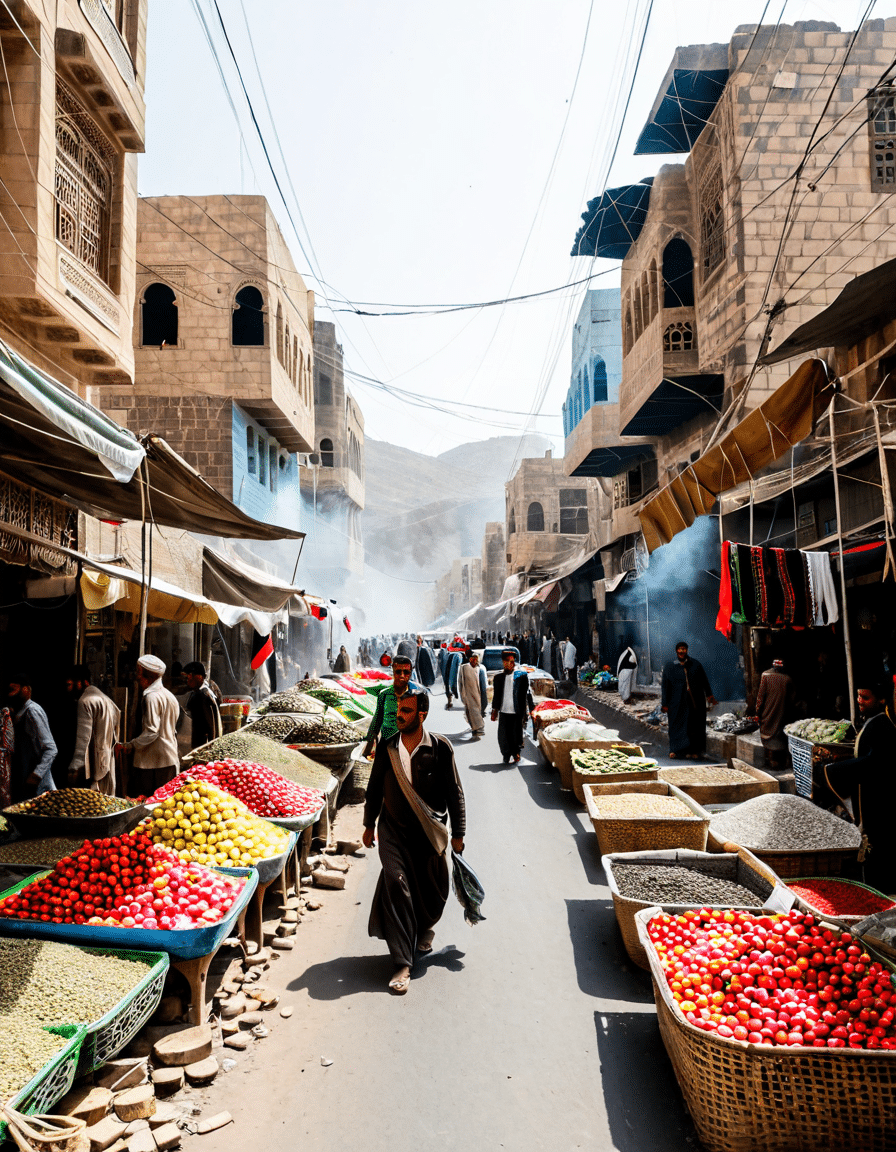
What is the main cause of the Civil War in Yemen?
The main cause of the Civil War in Yemen is a power struggle between the Houthi movement, which is backed by Iran, and the government led by President Abdrabbuh Mansur Hadi. This conflict stems from longstanding political, economic, and sectarian tensions in the country.
Why is the US attacking Yemen?
The U.S. has been involved in Yemen mainly due to its efforts to combat terrorism, particularly against Al-Qaeda and ISIS, but it’s not directly attacking Yemen as a whole.
Was the US involved in the Yemen Civil War?
Yes, the U.S. has been involved in the Yemen Civil War by supporting the Saudi-led coalition against the Houthis and conducting airstrikes against terrorist groups.
What is the current crisis in Yemen?
The current crisis in Yemen includes widespread famine, a collapsed economy, and ongoing violence, all of which has left millions in need of humanitarian aid.
Who controls Yemen now?
As of now, the Houthis control the capital, Sana’a, and many northern areas, while the internationally recognized government and its allies hold parts of the south.
Why is Yemen so unstable?
Yemen is so unstable because of a mix of civil war, foreign intervention, poverty, and long-standing tribal and sectarian divisions that make it hard to find a lasting peace.
Why can’t U.S. citizens go to Yemen?
U.S. citizens are advised against going to Yemen due to the high risk of kidnapping, armed conflict, and the unstable security situation throughout the country.
Why did the U.S. bomb Yemen in 2025?
In 2025, the U.S. bombed Yemen primarily targeting terrorist strongholds in an effort to weaken Al-Qaeda and other extremist groups operating in the region.
What does Yemen have to do with Israel?
Yemen’s connection to Israel is tied to the wider geopolitical conflicts in the Middle East, but Yemen itself doesn’t have a direct relationship with Israel.
Who started the Yemen Civil War?
The Yemen Civil War was sparked in 2014 when the Houthis seized control of Sana’a, forcing the Hadi government to flee and escalating tensions significantly.
Is Yemen allies with Russia?
While not officially allied with Russia, Yemen has received support from various international players, including some ties to Russia, particularly in arms sales and political backing.
Why is Yemen important to the US?
Yemen is important to the U.S. mainly because of its strategic location near major shipping lanes and the threat posed by terrorist organizations operating in the region.
What is the sad facts about Yemen?
Some sad facts about Yemen include that millions are facing starvation, over half the population is displaced or in dire need of assistance, and there are severe outbreaks of disease.
Why is Saudi Arabia fighting Yemen?
Saudi Arabia is fighting in Yemen to re-establish the Hadi government, as they see the Houthi movement as a threat to their influence in the region, especially with Iran backing the Houthis.
What is Yemen known for?
Yemen is known for its rich history, unique architecture, and diverse culture but is now often associated with the ongoing humanitarian crisis.
Why is Saudi Arabia fighting Yemen?
Saudi Arabia fights in Yemen to protect its regional interests and counter Iranian influence, hoping to restore a friendly government in Yemen.
Who fought in the Yemen Civil War?
The Yemen Civil War saw various factions, including the Houthis, the Hadi government, Southern separatists, and others, all vying for control, making it a complex conflict.
Why were people protesting in Yemen?
People protested in Yemen primarily against rising prices, corruption, and a lack of jobs, which also contributed to the unrest that spiraled into civil war.
What is the largest humanitarian crisis in history?
The largest humanitarian crisis in history refers to the situation in Yemen, where millions face dire conditions due to ongoing war, famine, and lack of medical care, highlighting severe global neglect.



